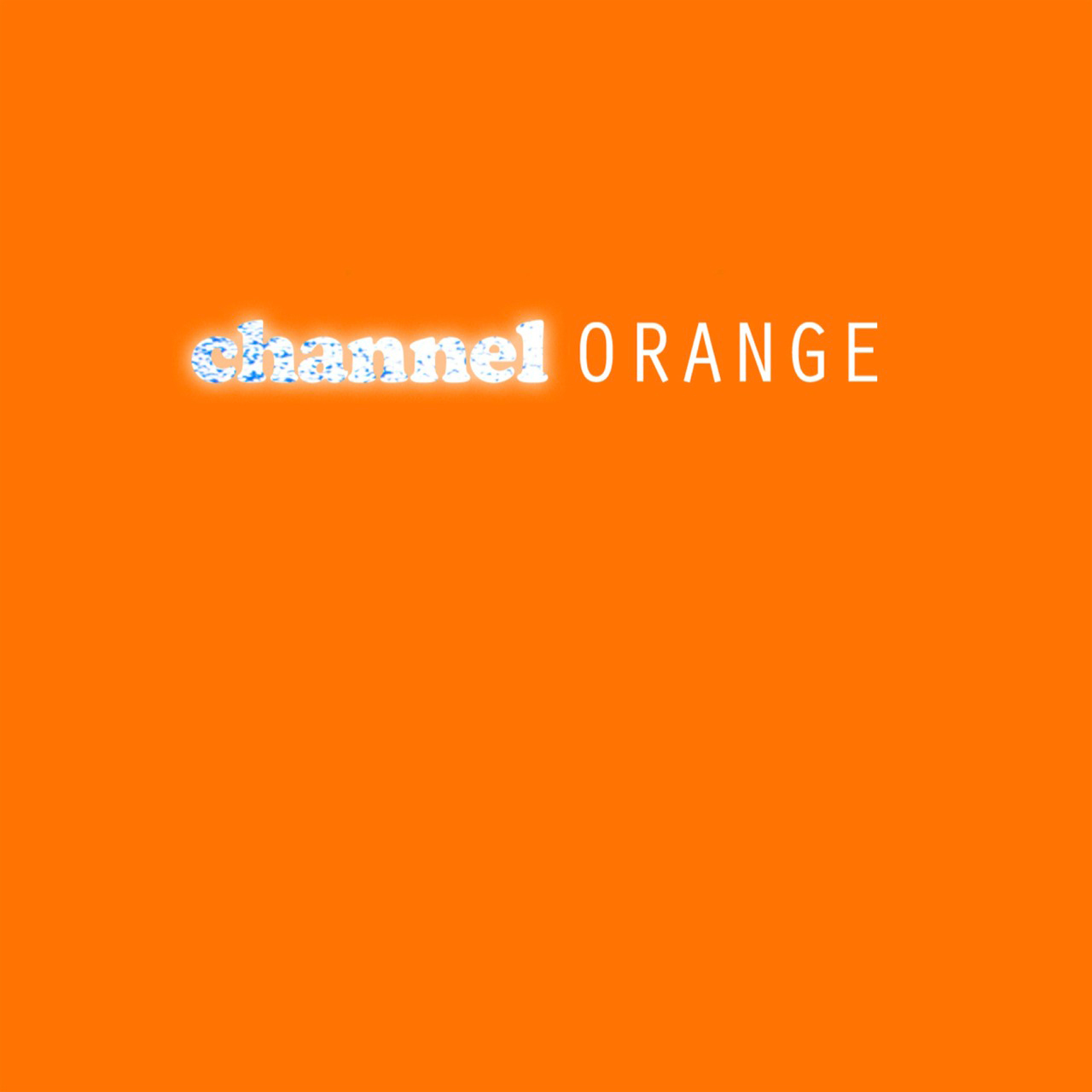As home to the movie industry, the porn industry, the make-or-break rock clubs of the Sunset Strip, the beachfront properties and rampant prostitution of Santa Monica, the regal affluence of Beverly Hills, as well as the gang violence of Inglewood and Compton, Los Angeles and its surrounding territories have long held a reputation for decadence, a spirit of overindulgence that has informed decades of its art. It spooked the coked-out Laurel Canyon poets of the singer-songwriter era and militarized the hood-CNN prophets of gangsta rap. It lit the fuse of disaffected nihilism in the first wave of California punks and the hedonistic grandiosity of the ’80s glam metal scene. It lured many a misunderstood youth on pilgrimage to stardom and scores more to their own undoing. The City of Angels holds a thousand broken dreams for every shining star. Lonny Breaux knows. When Hurricane Katrina viciously dumped the contents of the Gulf of Mexico onto his native Louisiana, Breaux traveled west, settling in L.A., falling in with the skate-rap iconoclasts in Odd Future, and changing his name to the eerily aquatic nom de guerre of Frank Ocean.
In the years since the move, Ocean has ridden a knack for disarming songcraft into the upper echelons of hip-hop with an almost suspicious speed and austerity of purpose. He cultivated an enigmatic persona, speaking only through a spattering of icily economic interviews and Nostalgia, Ultra, a mixtape that showcased both his tuneful songwriting and musical dexterity like Drake’s So Far Gone before it. Nostalgia standout “Novacane” sopped up his generation’s medicated ennui and funneled it into a fatalistic story song about being dragged into darkness by a beautiful face and an ice-blue bong. “Novacane” carried on L.A.’s pratfalls-of-the-rich-and-famous tradition with panache, and Channel Orange, Frank’s just-released debut album, follows suit. Frank uses Channel Orange to play documentarian to the excess around him, turning out a nugget of captivating voyeurism not unlike a musical answer to Bret Easton Ellis’s Me Generation-skewering oeuvre or director Penelope Spheeris’s Decline of Western Civilization series.
Frank is kinder to his subjects, though, and he often puts himself right down in the mire with them. Songs like “Super Rich Kids,” with its gobstopping verse from a suitably narcotized Earl Sweatshirt, and the anti-drug advert “Crack Rock” may seem like gerrymandering, using stories of the broken to preach a lesson about overstepping boundaries. But he also plays the ruinous drug dealer boyfriend of “Lost” and the over-sexed, under-employed hangers-on of “Pyramids” and “Sierra Leone” in the first person. And when a hopelessly drunk paramour stumbles across his lawn on “Pilot Jones,” he doesn’t exactly reject her advances. Morality isn’t the binary our parents said it was, but as invigorating as it is, this toying with danger, Channel Orange’s vast landscape of druggies, wastrels, burn-outs and distant lovers hints at a ticking timer on the fun and games.
That may seem like a bitter pill, but in addition to being one of the year’s most soberingly bleak R&B releases, Channel Orange is also one of the prettiest. Frank skitters through decades of black music, bounding from the falsettoed Maxwell-isms of “Pilot Jones” to the clattering boom bap of “Crack Rock”. “Lost” toys with Paisley Park rockism, while “Forrest Gump” skips like the vampier side of Al Green. “Pyramids” jostles between rollicking skate rink funk, tasteful nods to EDM and a lengthy coda pairing 808s with droning synth washes. “Sierra Leone” and “Sweet Life” borrow their jazzy chord progressions and unexpected key changes from the Stevie Wonder playbook. “Monks” filters limber slap bass funk through Neptunes worship. Oddball ephemera, left-field samples, choirs and arresting string arrangements round out the soundscape, but the constant here is Frank’s lithe baritone and the relative ease with which it cuts through the material. He’s equally at home with his lower register and his falsetto, with bombast and quietude, spitfire conversational verbosity and melisma. His arsenal is vast, and his small team of collaborators anchors his creativity in an understated musicality.
Frank Ocean isn’t reinventing the wheel with Channel Orange. There’s a lush tradition of “music with a message” and a storied history of L.A.-as-hellhole grandstanding in the last fifty years of American music. But Frank’s strengths are his versatile voice, the breadth of his songwriting capabilities, the way he mixes and matches old aesthetics and ends up with strange new combinations, and his love of morally shifty characters (like the narrator of “Pyramids,” a sympathetic tale of a freeloader milking his stripper girlfriend dry and loving every moment). At heart, what we have here is another burned-out-on-L.A. song cycle, but like the most successful ones that came before it, Channel Orange paints a picture of Los Angeles that is neither wistful nor damning. But it fits. Think back on any place you have ever lived that you hated. Don’t you miss it a little?


